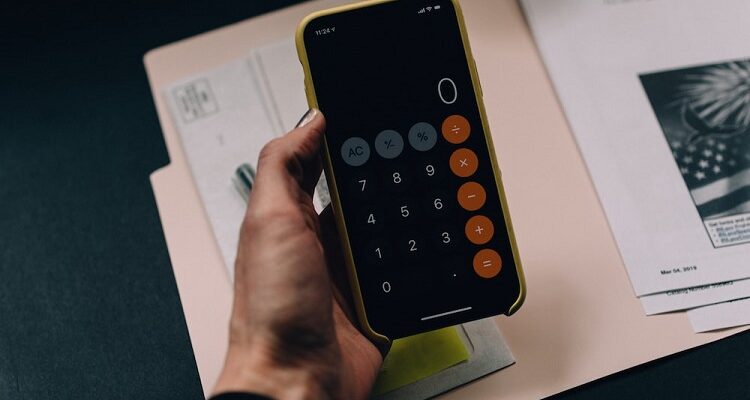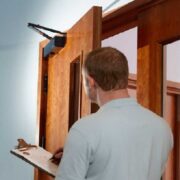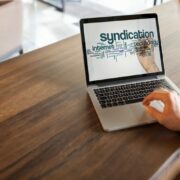Thousands of people are due to submit a self-assessment tax return in London to HMRC this year, and thousands will do so again next year. But if you’re new to the process, it can all seem a bit overwhelming, and the prospect of making what could be a costly error, can be a daunting one.
For anyone submitting self-assessment tax returns for the first time, here are 8 errors you really don’t want to be making:
Table of Contents
1. Failing to apply for a UTR number in time
To file your self-assessment, you must have already applied for and received your Unique Taxpayer Reference number, or UTR, and this can take up to ten days to arrive, and another ten days before you receive the activation code for your online account.
While officially you should register for self-assessment tax returns by the 5th of October, you can still work out how much tax you need to pay and make the payment before the 31st of January without a tax return. Having an accountant to help you with this, is recommended.
2. Not being ready to pay your tax
Unless you’ve set up an alternative payment arrangement with HMRC, you’ll need to pay your self-assessment tax bill by the 31st of January. If you’re unable to pay your tax bill on time, an accountant can help you determine the best course of action, and whether there’s a possibility of delaying the payment.
3. Not knowing what income to declare
There are many types of income you might need to declare on your tax return, and this will vary for each individual. If you have several sources of income, an accountant can help you determine if you need to detail all of them. Some common types of declarable income are as follows:
- Rental income
- Profits earned from selling valuable items
- Savings or investment income of more than £10,000
- Pension income
- Self-employed income
- Tips or commission
- Taxable income from abroad.
4. Not understanding child benefit requirements
The last thing you want is to receive an unexpected tax penalty for not submitting a self-assessment return after claiming child benefit. If you claim child benefit and think this may affect you, consult with an accountant in advance of the filing deadline.
5. Opting for the wrong accounting method
You can choose from ‘cash basis’ or ‘traditional accounting’ when calculating your self-assessment income, and an accountant will be able to help you choose the right method for your circumstances.
6. Omitting tax-free allowances
Some tax allowances are automatically applied to your income, while others have to be applied for. To help reduce your tax bill as much as possible, work with an experienced accountant who can guide you as to which allowances you might need to apply for.
7. Failing to claim expenses
Claiming certain things as expenses, such as business travel, uniform expenses and professional membership fees, all add up when filing your self-assessment, and can help you significantly slash your tax bill. To make sure you’re claiming everything you’re entitled to, speak to an accountant specializing in self-assessment returns.
8. Failing to keep hold of records
It’s important to keep hold of your records after filing your tax return, including receipts, invoices and bank statements among others, so that if you’re asked any questions about your return by HMRC, you have all the relevant paperwork at hand and could avoid a penalty.
To avoid making any errors while filing your self-assessment tax return, invest in professional guidance from an accountant; it could help you make tax savings, and avoid costly penalties associated with incorrect filing.














Comments